7 common cooking oils ranked by health — what you should really be using
The healthiest choice depends on both how you use them and what’s in them.
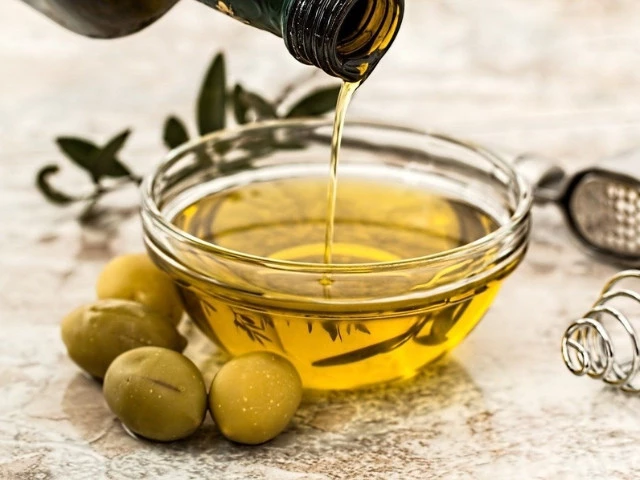
We often focus on what we cook, but how we cook it especially the oil we use, plays a massive role in our health.
With grocery shelves stacked with options like canola, olive, avocado, and coconut oil, it's easy to get confused.
Some are rich in heart-healthy fats, while others break down into harmful compounds when exposed to heat.
Backed by nutrition science, here’s a ranked breakdown of the most popular cooking oils, from healthiest to those you might want to use sparingly.
1. Extra Virgin Olive Oil (EVOO) – Best All-Rounder
:max_bytes(150000):strip_icc()/evoo-7c819bcdd0c343a7bae114cbc9baea2f.jpg)
Why it’s great: Rich in monounsaturated fats and powerful antioxidants like oleocanthal.
Science says: Numerous studies, including from The New England Journal of Medicine, link EVOO to reduced risk of heart disease and stroke.
Best use: Low to medium-heat cooking, salad dressings, drizzling.
2. Avocado Oil – Best for High Heat
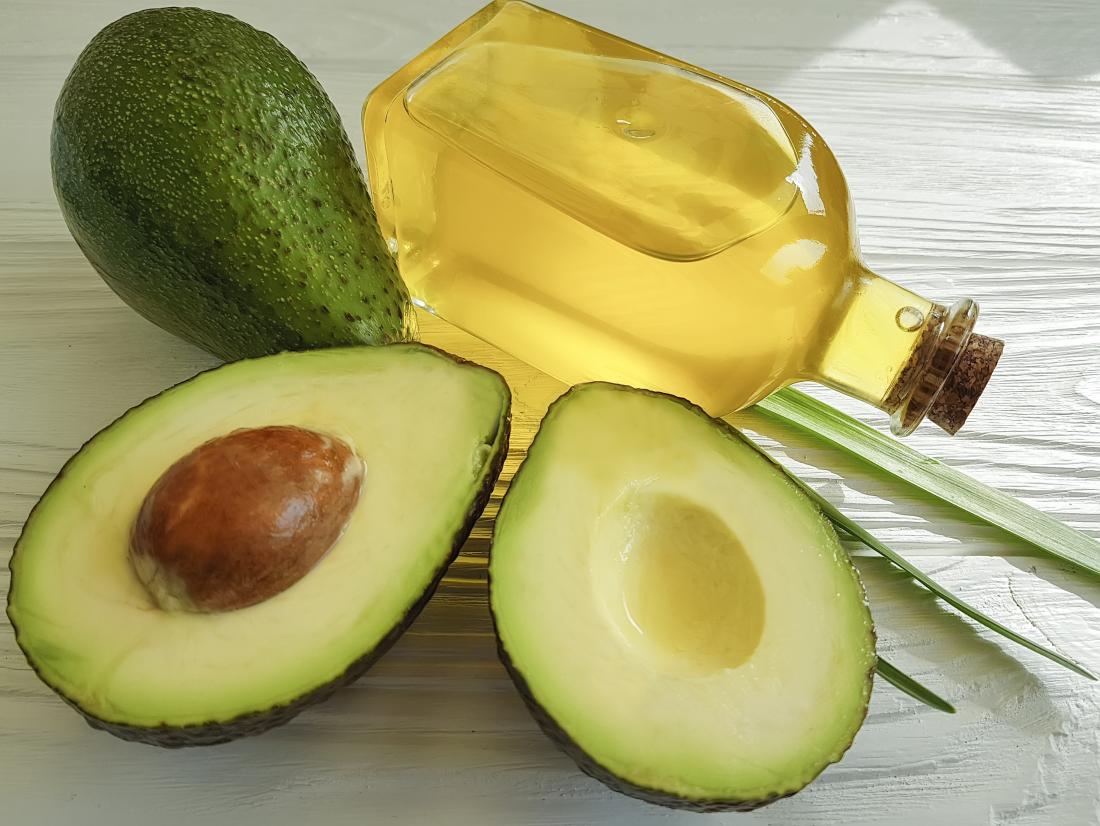
Why it’s great: High smoke point (up to 520°F), loaded with oleic acid and vitamin E.
Science says: A 2019 review in Molecules suggests avocado oil reduces inflammation and helps regulate blood pressure.
Best use: Grilling, roasting, searing.
3. Walnut Oil – Best for Brain Health
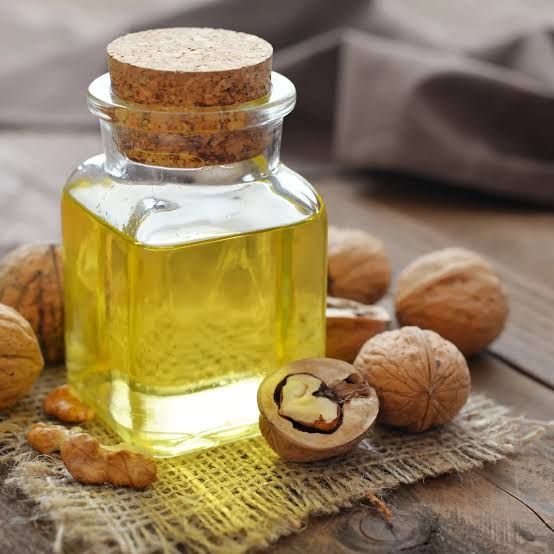
Why it’s great: High in omega-3 ALA (alpha-linolenic acid), which supports cognitive function.
Science says: Research in Nutrients journal shows regular walnut oil intake may improve memory and reduce age-related cognitive decline.
Best use: Cold dishes, dips, and salad dressings (not heat-stable).
4. Canola Oil – Controversial but Balanced

Why it’s great: Low in saturated fat and affordable; contains omega-3s.
Science says: While some criticize refined versions, studies like those from Harvard Health say moderate use is safe and heart-healthy.
Best use: Baking, sautéing, stir-frying (choose cold-pressed if possible).
5. Sesame Oil – Best for Flavour and Antioxidants

Why it’s great: Contains sesamol and sesamin, antioxidants that may help fight free radical damage.
Science says: A study in Journal of Medicinal Food found sesame oil consumption reduced LDL cholesterol and improved HDL.
Best use: Asian dishes, marinades, or finishing oil.
6. Coconut Oil – Use in Moderation
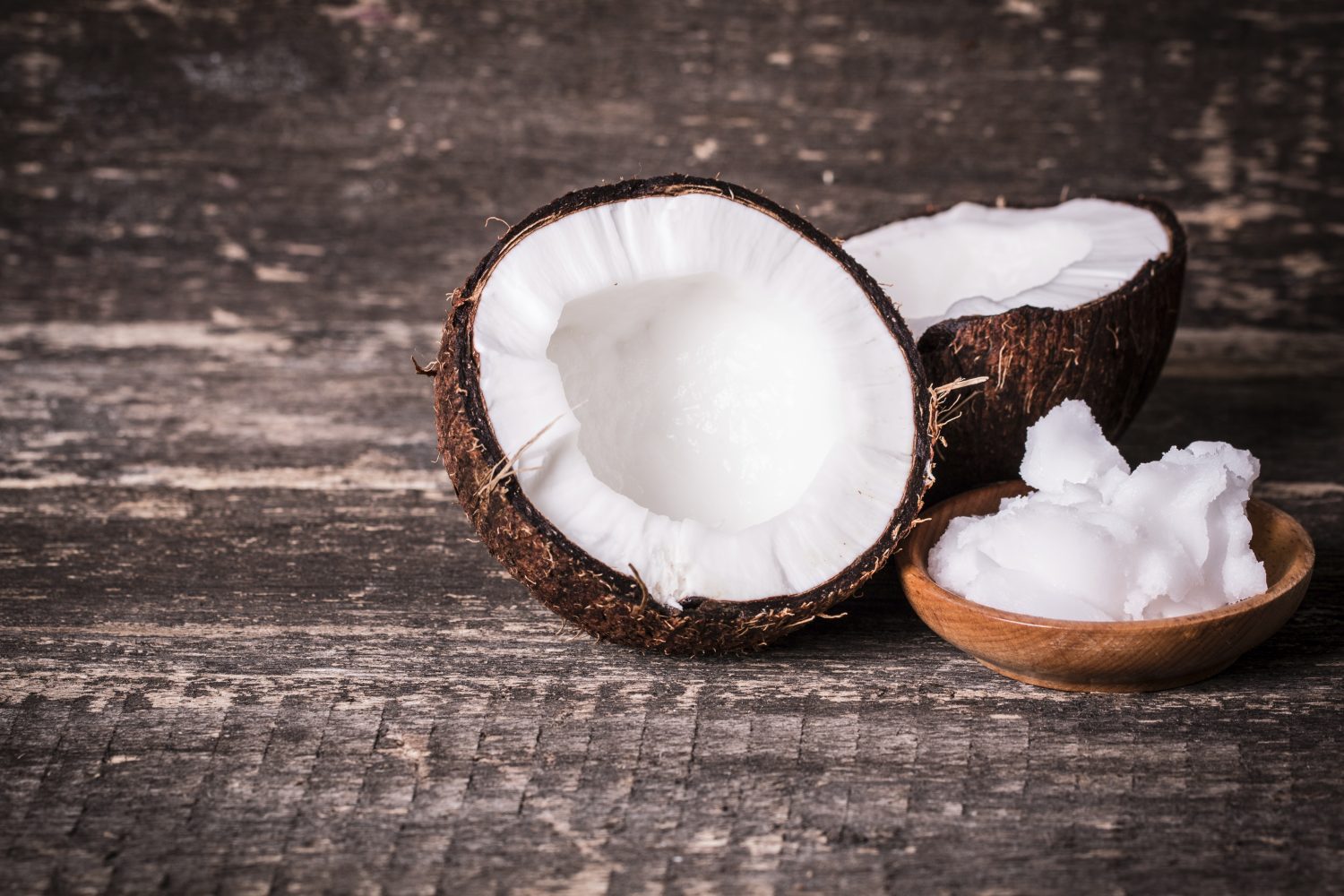
Why it’s tricky: High in saturated fats (~90%), which can raise LDL (bad) cholesterol.
Science says: The American Heart Association advises limited use, but it may raise HDL (good) cholesterol too.
Best use: Occasional baking or in plant-based recipes that call for it.
7. Vegetable Oil Blends – Proceed with Caution
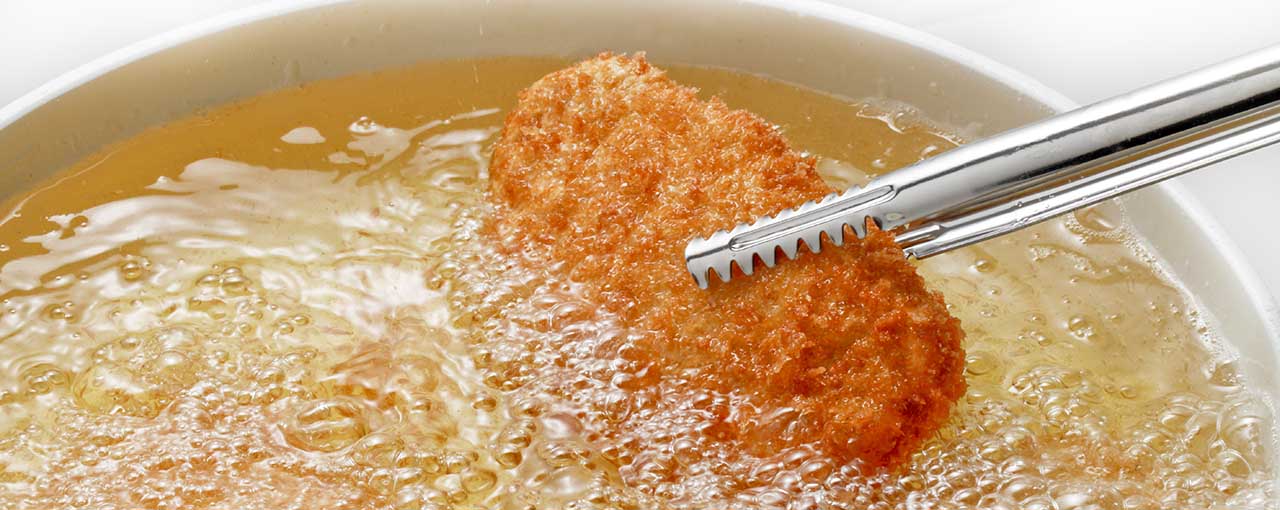
Why it’s last: Often highly refined, stripped of nutrients, and may contain trans fats.
Science says: Regular consumption of processed oils has been linked to increased inflammation, according to The BMJ.
Best use: If possible, replace with healthier alternatives.




















COMMENTS
Comments are moderated and generally will be posted if they are on-topic and not abusive.
For more information, please see our Comments FAQ